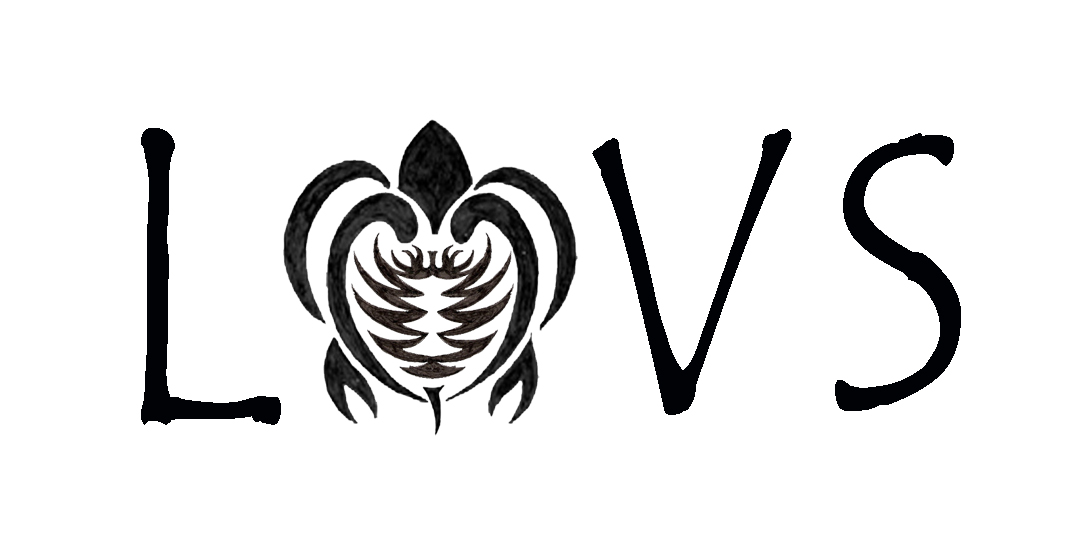There are two types of child custody -- legal and physical. Legal custody is the right to make legal decisions about and on behalf of your children. For example, a parent with legal custody can decide where the children will go to school or which doctor they will see. Physical custody is the right to have your children live primarily with you.
Divorced parents can have sole or joint legal custody of their children. Sole legal custody means that one parent has all the rights to make decisions about and on behalf of the child. Joint legal custody means the parents must work together to make decisions about the child. If parents have joint legal custody they are required to have a parenting plan. A good parenting plan will explain the process parents should use to make decisions together.
Divorced parents can also have sole or joint physical custody of their children. In Utah, whether a physical custody arrangement is a sole or joint one is determined by how many overnights the child spends with each parent. When a child spends more than 110 nights with the noncustodial parent, the parents are considered to have joint physical custody.
Divorced parents must decide, or have the court decide, who will have both physical and legal custody of their children. Parents can choose to have joint or sole custody legal and physical of their children. It is not uncommon for the parents to have joint legal but with one of the parents having sole physical custody.
